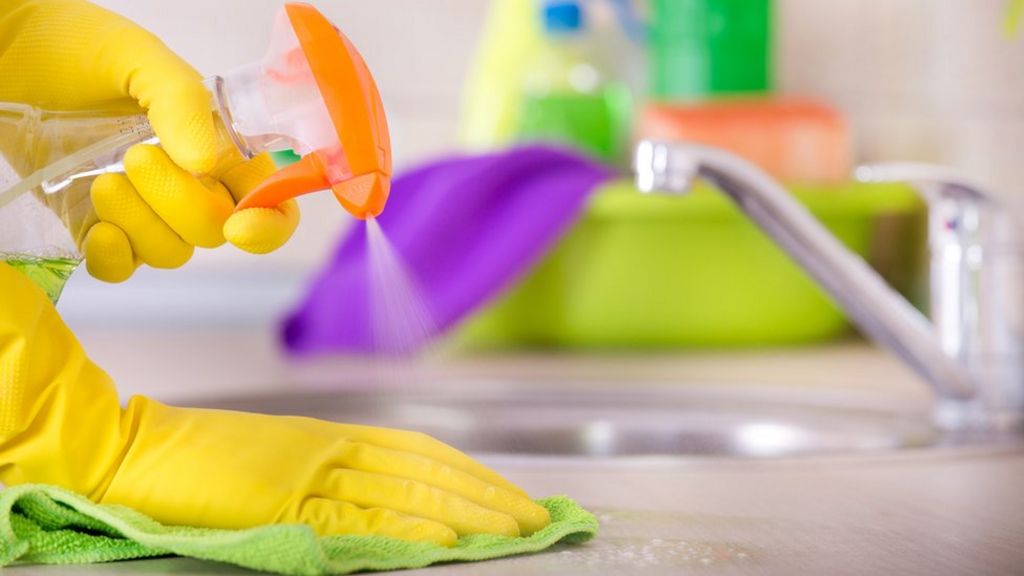Handy App Bans Cleaner For Being Ill

 Image copyright
Getty Images
Image copyright
Getty Images
When Polly Mackenzie heard her cleaner was ill and unable to work her normal day, she was hoping to reschedule through the Handy site that supplied her.
But that was not how the system worked. When her cleaner was unable to attend on her regular day, Handy offered to send a replacement.
But the app blocked the cleaner from working for her again.
The story took a further turn the next day: the cleaner was reinstated - but was also docked £25.
Ms Mackenzie herself, from south London, was sent what she described to the BBC as "a grovelling email - as if they'd killed my firstborn", then found her account had been credited with £5 to compensate for the inconvenience.
She said that meant Handy had "profited £20 from her illness, about twice as much as they'd make if she turned up".
New York-based Handy told the BBC the cleaner was automatically blocked from its system as she had appeared as a "no show".
Handy said at no point was the cleaner banned and that it was now "reviewing its policy regarding waiving fees for emergencies such as this".
The cleaner has since been made available to Ms Mackenzie once more, but the incident has ignited a debate on social media about the use of app-based services and the gig economy.
In the gig economy, instead of a regular wage, workers get paid for each job, such as a food delivery or a car journey. One of the best-known examples is driving for Uber.
Proponents of the gig economy claim that people can benefit from flexible hours, with control over how much time they can work as they juggle other commitments. Those against say its simply another form of employment - without rights or in-work benefits.
It is not unheard of for gig economy workers to be charged for days they do not work.
Earlier this year, the Guardian reported that Parcelforce couriers who make deliveries for Marks & Spencer, John Lewis and Hamleys could be charged up to £250 a day if they were off sick and could not find someone to cover their shift.
The debate also came to the boil last week when a tribunal ruled that Uber should give drivers the same rights as workers, rather than treat them as self-employed.
Handy added: "While there was initial confusion, any fees have been waived and the [cleaner] can continue to work for customers on the platform as a valued member of the Handy community.
"After reviewing the incident in question we can confirm that the professional was never banned from the platform and has completed bookings since the incident in question."
From Chip War To Cloud War: The Next Frontier In Global Tech Competition
The global chip war, characterized by intense competition among nations and corporations for supremacy in semiconductor ... Read more
The High Stakes Of Tech Regulation: Security Risks And Market Dynamics
The influence of tech giants in the global economy continues to grow, raising crucial questions about how to balance sec... Read more
The Tyranny Of Instagram Interiors: Why It's Time To Break Free From Algorithm-Driven Aesthetics
Instagram has become a dominant force in shaping interior design trends, offering a seemingly endless stream of inspirat... Read more
The Data Crunch In AI: Strategies For Sustainability
Exploring solutions to the imminent exhaustion of internet data for AI training.As the artificial intelligence (AI) indu... Read more
Google Abandons Four-Year Effort To Remove Cookies From Chrome Browser
After four years of dedicated effort, Google has decided to abandon its plan to remove third-party cookies from its Chro... Read more
LinkedIn Embraces AI And Gamification To Drive User Engagement And Revenue
In an effort to tackle slowing revenue growth and enhance user engagement, LinkedIn is turning to artificial intelligenc... Read more

